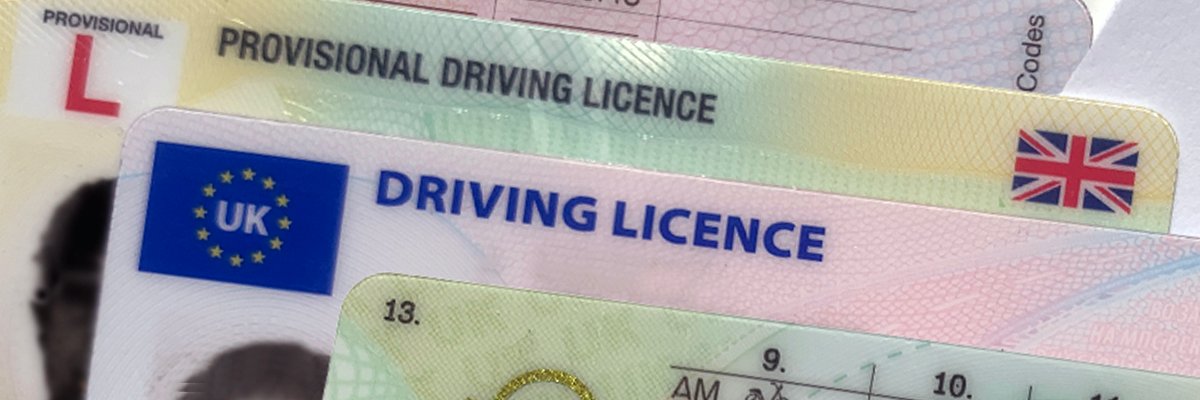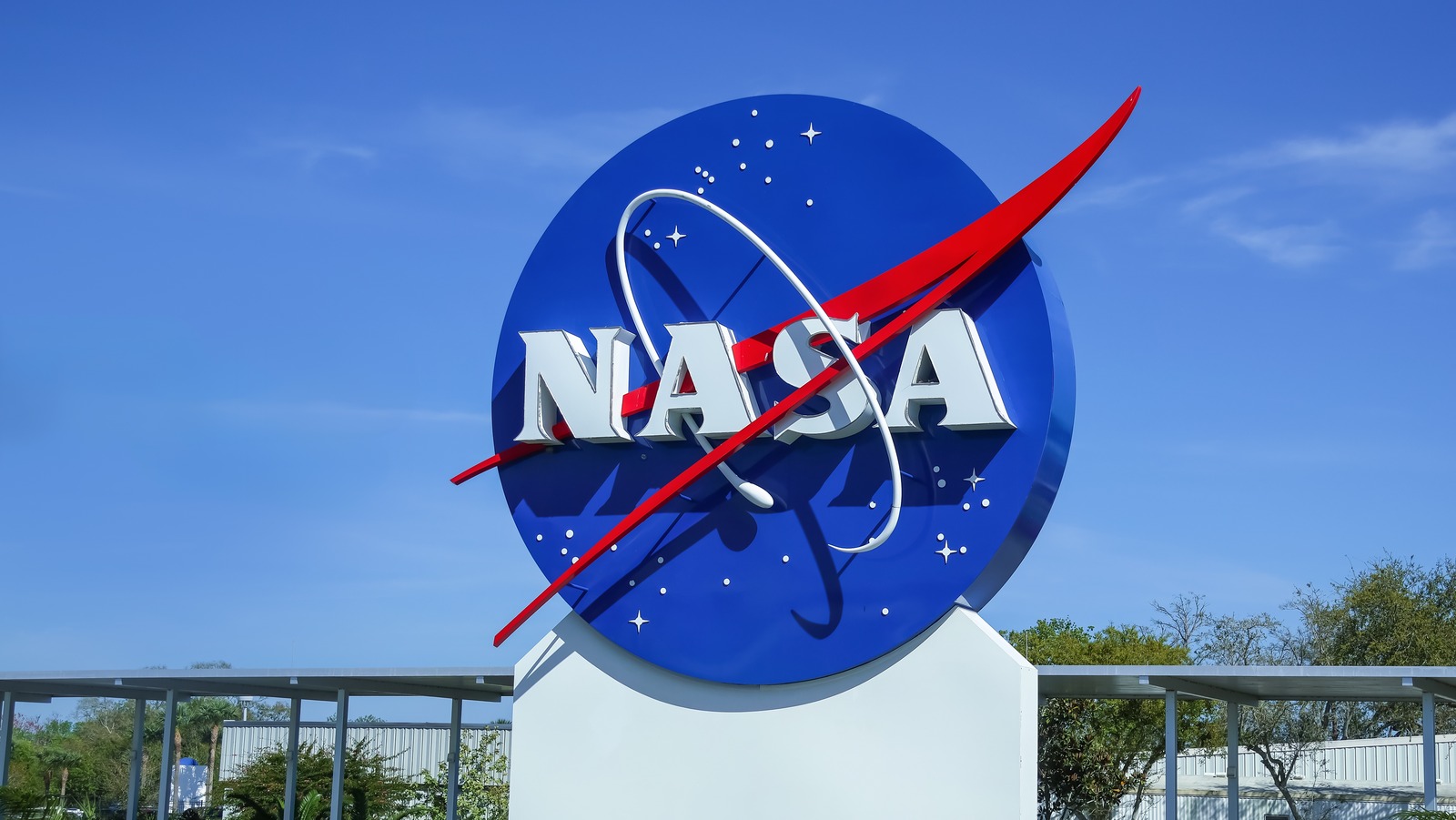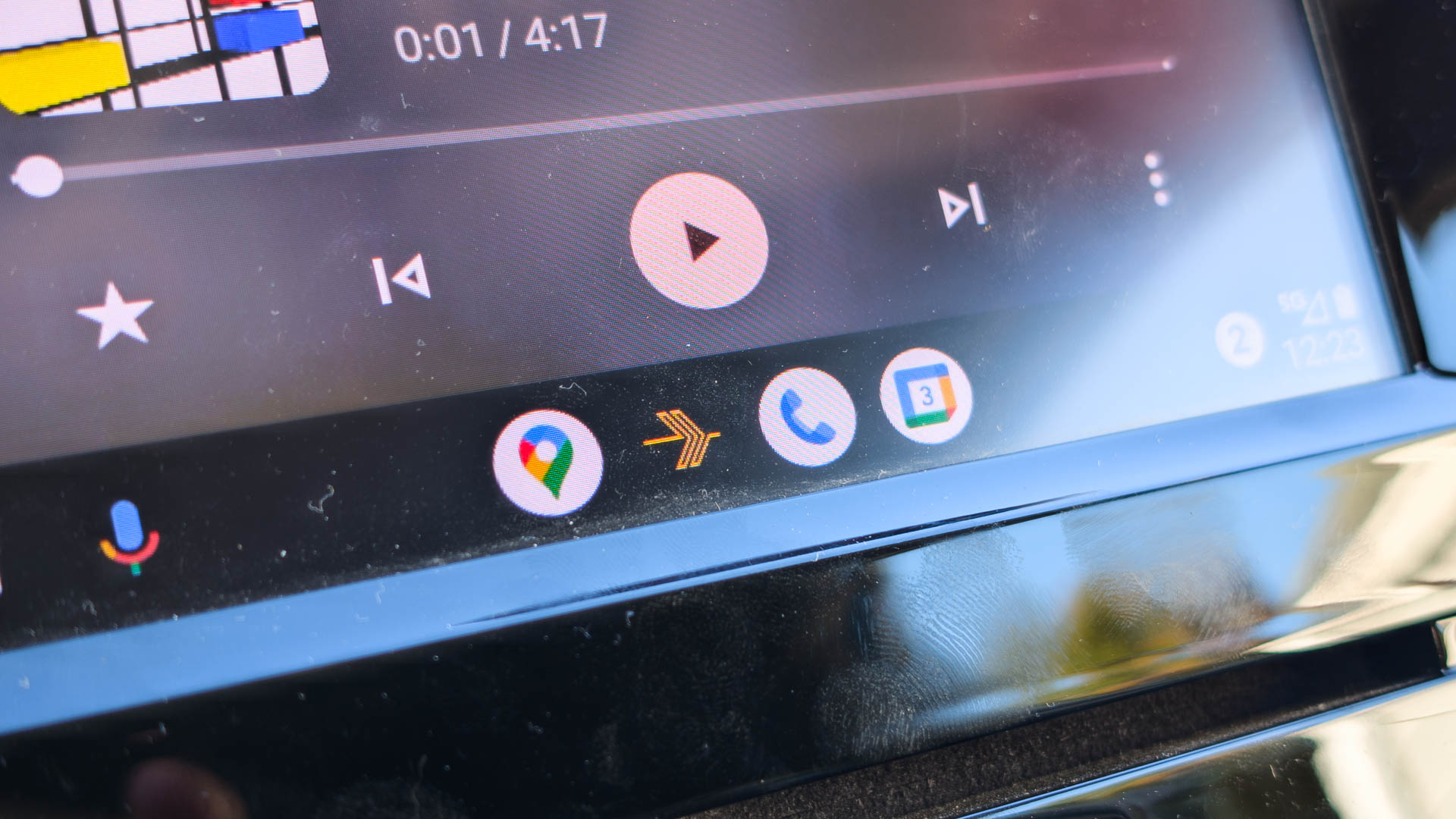OpenAI’s controversial for-profit restructuring is finally complete, along with a new deal with Microsoft.
The company’s for-profit arm is now a public benefit corporation, dubbed OpenAI Group PBC. The nonprofit is now called the OpenAI Foundation and “holds equity in the for-profit currently valued at approximately $130 billion” — it will begin with a $25 billion focus on healthcare and disease and “AI resilience,” per OpenAI’s blog post. The nonprofit will also get “additional ownership” after OpenAI’s for-profit reaches an unspecified valuation milestone.
The news comes after more than a year of OpenAI’s negotiations with the offices of the Attorneys General of California and Delaware — if they hadn’t eventually blessed the restructuring, OpenAI wouldn’t have been able to move forward. It also follows a thorny and drawn-out legal battle with Elon Musk, who has been suing both the company and CEO Sam Altman in attempts to stop the conversion. Musk co-founded OpenAI in 2015 as a nonprofit research lab.
In recent months, the company switched its original plan — a for-profit conversion where the nonprofit would no longer be in control of any aspect of the rest of the company — to an adjusted one, under which OpenAI’s nonprofit parent will own an equity stake of up to $100 billion and continue to have oversight over the company.
One question that’s sparked controversy over the past year, and still remains not fully answered, is whether OpenAI’s nonprofit entity will still retain control over its underlying technology, including the potential future development of artificial general intelligence, or AGI — systems that equal or surpass human cognitive ability. AGI is the moving goalpost that OpenAI and nearly all of its competitors have been chasing, funneling increasing financial resources and headcount into its development.
As part of the restructuring, OpenAI struck a brand-new deal with Microsoft, meaning the tech giant seemed to lessen its ownership stake — beforehand, it had held a 32.5 percent stake on an as-converted basis in OpenAI’s for-profit, and now, it owns roughly 27 percent (on an “as-converted diluted basis, inclusive of all owners”) in the new public benefit corporation, a stake that’s valued at about $135 billion.
Here’s what else changed as part of the OpenAI-Microsoft deal: Microsoft seemed to finally solve one of the biggest reported sticking points in its relationship with OpenAI — the fact that Microsoft, beforehand, would lose its rights to OpenAI’s technology once the company had reached AGI. The “AGI clause,” as it came to be known, seemed to be too vague for Microsoft, so the new deal between the two companies has made things a lot clearer.
For one, “once AGI is declared by OpenAI, that declaration will now be verified by an independent expert panel” — it won’t just be OpenAI alone making the call, according to a Microsoft blog post. And now, Microsoft also doesn’t lose the rights to the technology: “Microsoft’s IP rights for both models and products are extended through 2032 and now include models post-AGI, with appropriate safety guardrails,” per the post.
But Microsoft’s rights are limited in other ways. Its IP rights to OpenAI’s research will only remain through 2030 or through when the expert panel verifies AGI has been reached, “whichever is first.” The IP rights allow Microsoft access to the “confidential methods used in the development of models and systems” and includes models intended solely for internal use or research purposes. The revenue-share agreement they had before remains until AGI is verified via expert panel, but the payments “will be made over a longer period of time,” per the post.
But — and this is new — Microsoft’s IP rights now do not cover OpenAI’s consumer hardware, meaning the secret sauce behind the device it’s building with famed Apple designer Jony Ive is off the table.
Microsoft and OpenAI have also relaxed the formerly exclusive nature of their partnership even more than before. OpenAI can now collaborate with third parties to develop some products and can release some open weight models, and Microsoft will no longer have right of first refusal to be OpenAI’s compute provider. OpenAI also is under contract to purchase “an incremental” $250 billion of Azure services.
Microsoft can also now “independently pursue AGI alone or in partnership with third parties” — meaning the AGI arms race is on now more than ever. And let’s say Microsoft uses OpenAI’s IP to develop AGI — then, “prior to AGI being declared, the models will be subject to compute thresholds.” Again, the race to AGI is picking up speed, especially between the two companies.
If OpenAI hadn’t announced the completed restructuring by New Year’s Eve of this year, it could have lost up to $10 billion of its previously announced SoftBank investment.
The company will host a livestream Q&A at 1:30pm ET with Altman and OpenAI chief scientistJakub Pachocki.








